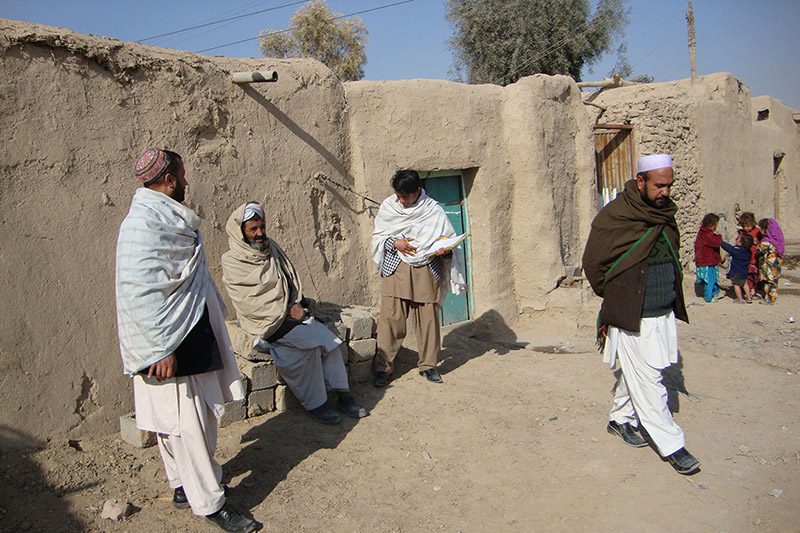Jackson political science professor Jason Lyall and colleagues have found that the “hearts and minds” strategy used by international forces in Iraq and Afghanistan to win over civilians can make those same civilians more likely to be attacked by insurgents. The research is detailed in a new article, “Can Civilian Attitudes Predict Insurgent Violence? Ideology and Insurgent Tactical Choice in Civil War,” published Jan. 24, 2017 in the Journal of Peace Research.
Lyall, along with researchers from from Princeton and Waseda University in Japan identified the link between support for international forces and future Taliban attacks by combining data from their 2011 survey of 204 Afghan villages with information on attacks in the area over the following 10 months.
The researchers say their findings indicate that civilian and military aid planners need to think carefully about the impact of their “hearts and minds” efforts, which gained traction following the Vietnam War and have played a large role in conflicts in Iraq and Afghanistan.
“Above all, aid programming should take place in settings where the counterinsurgent can credibly defend the local population,” Lyall said. “Raising expectations among the local population but then failing to protect them from insurgent reprisals is a sure way to lose public support.
